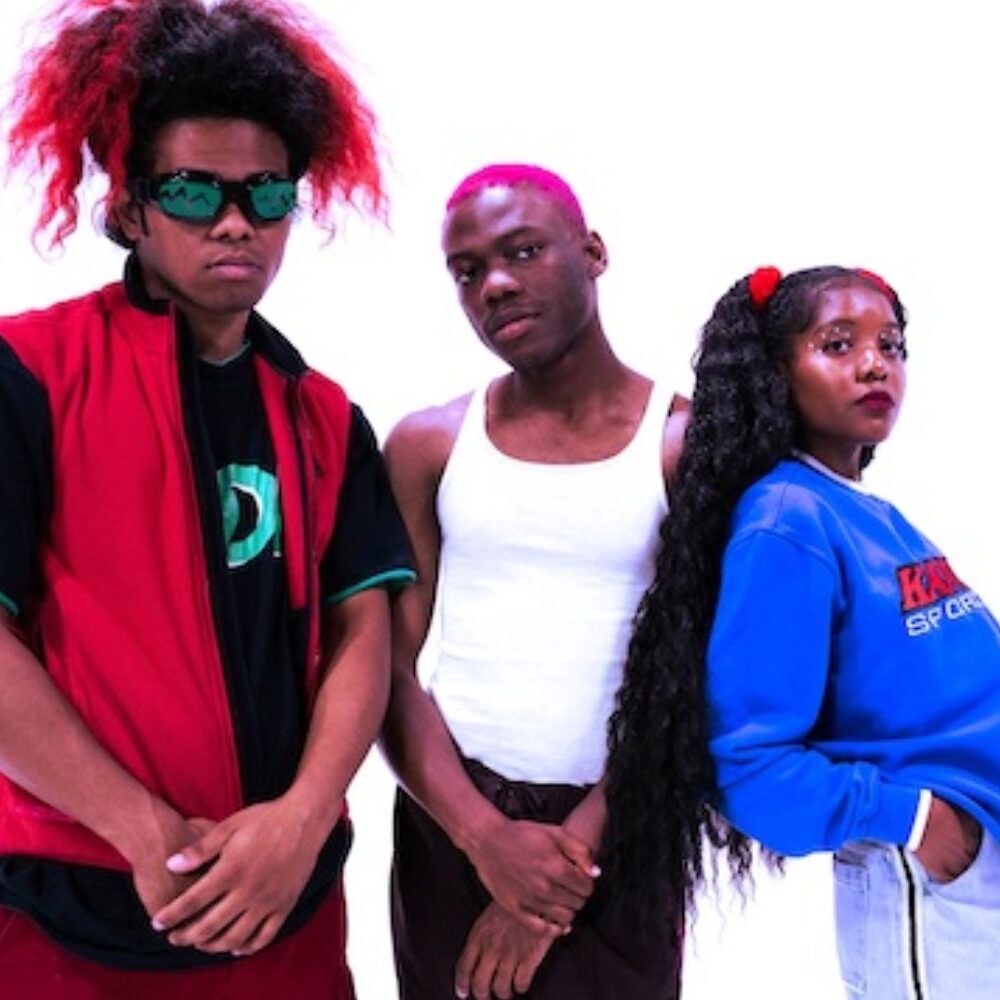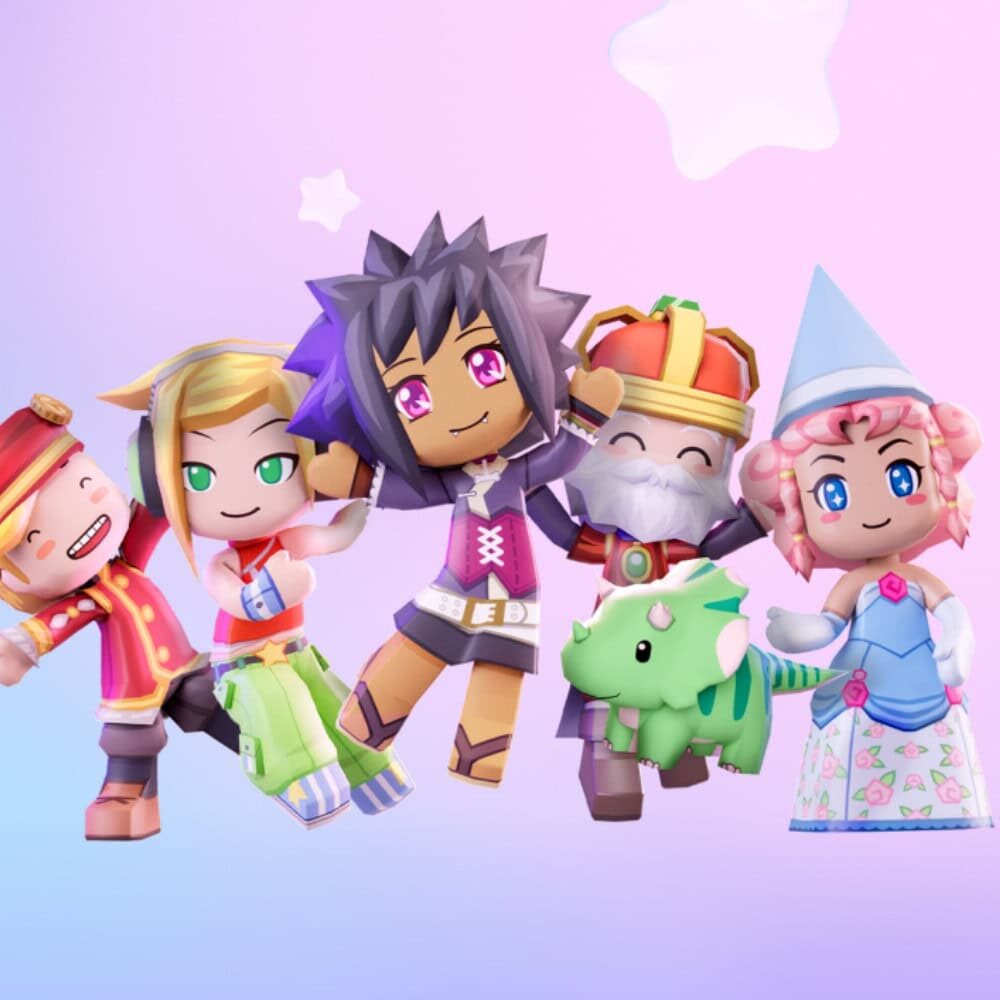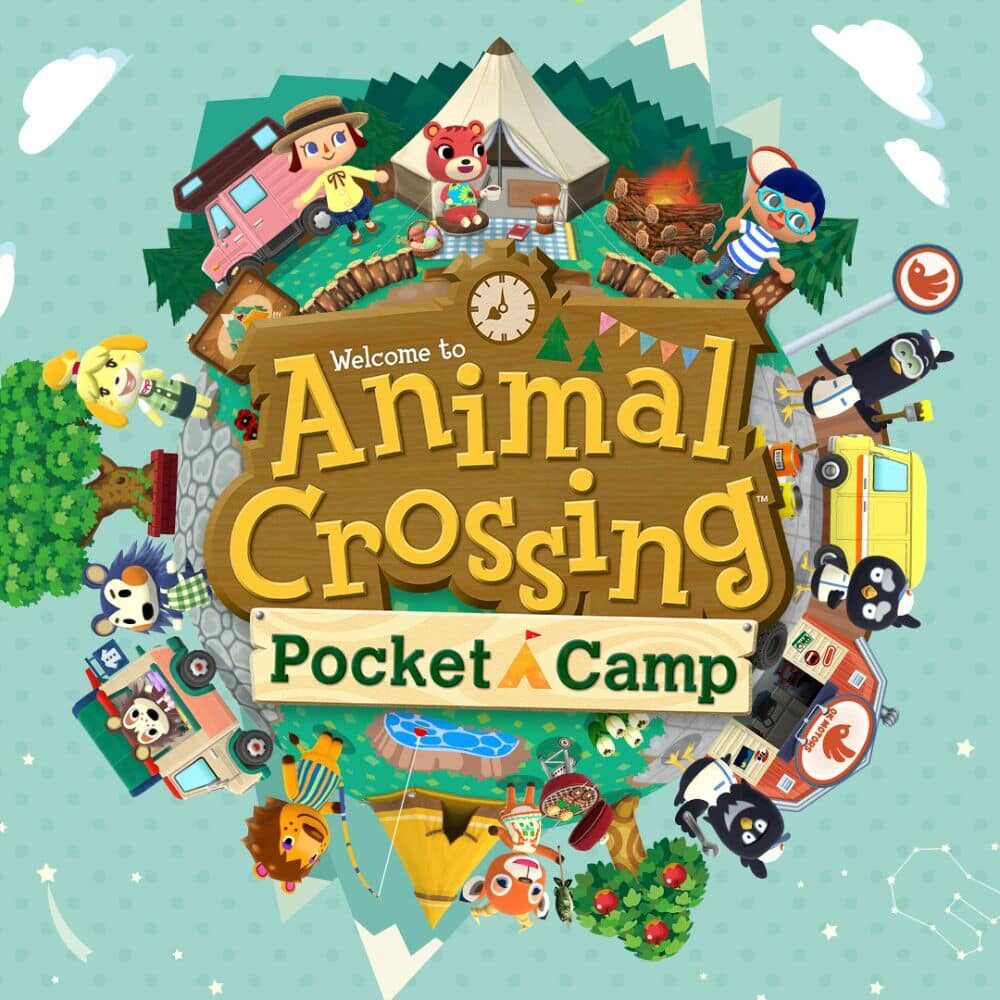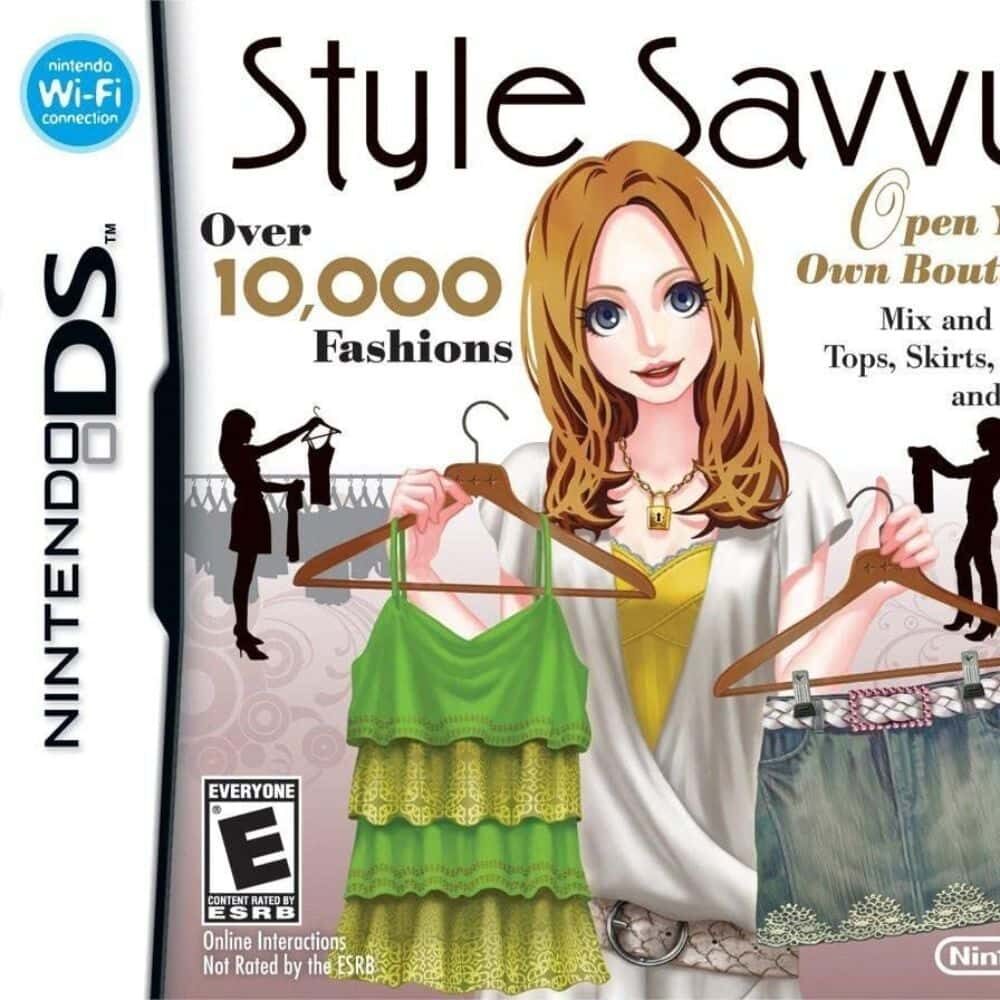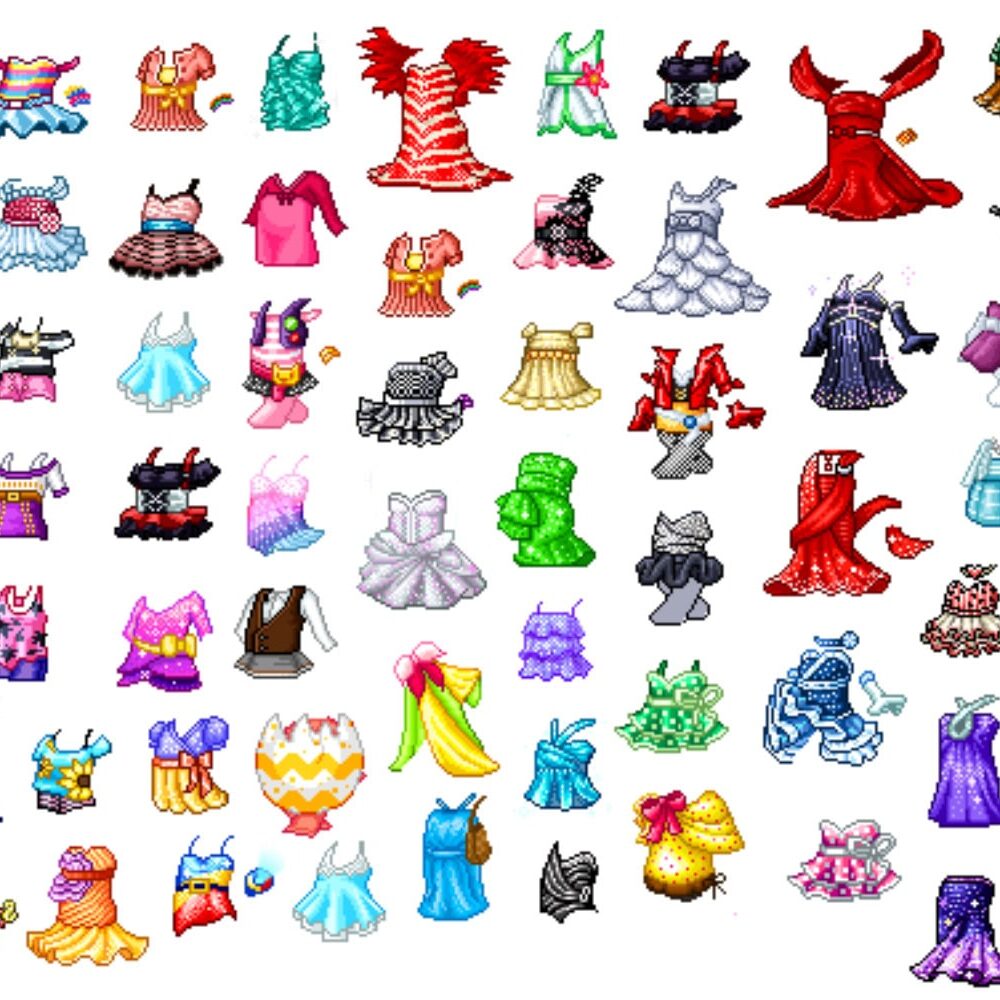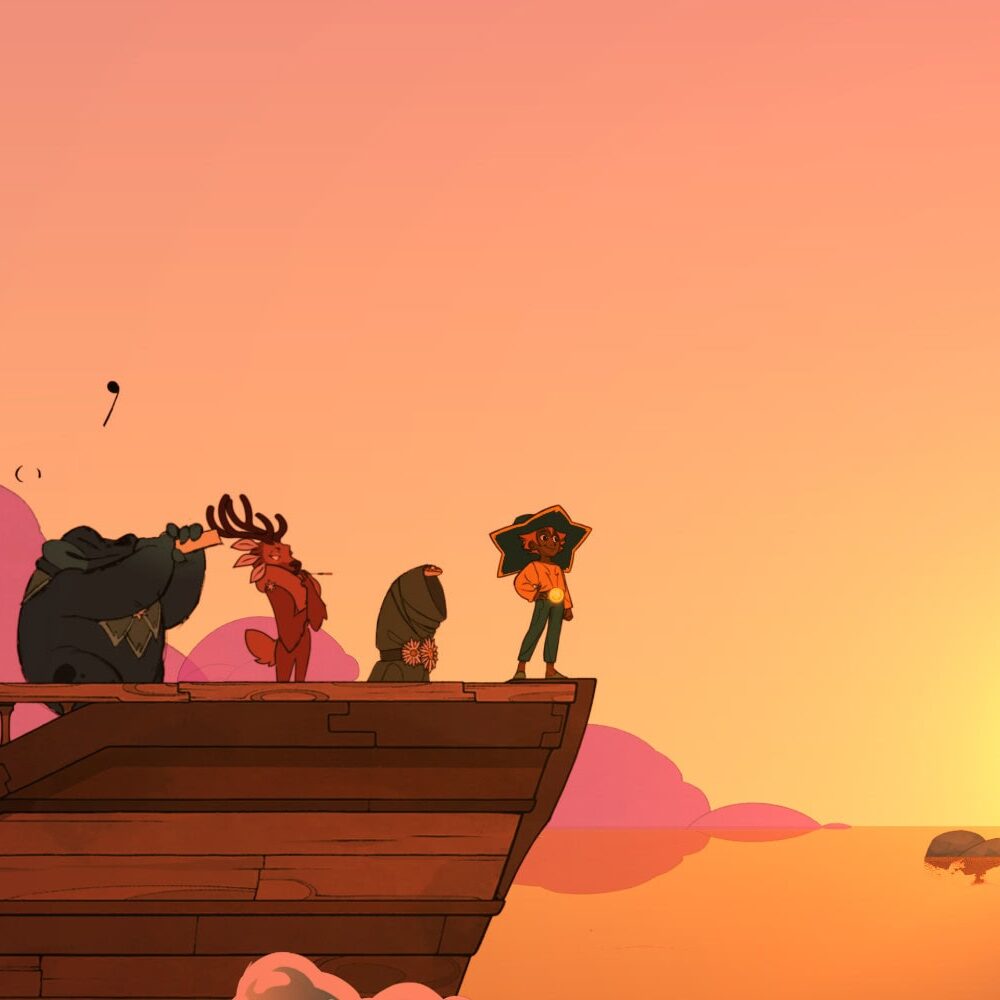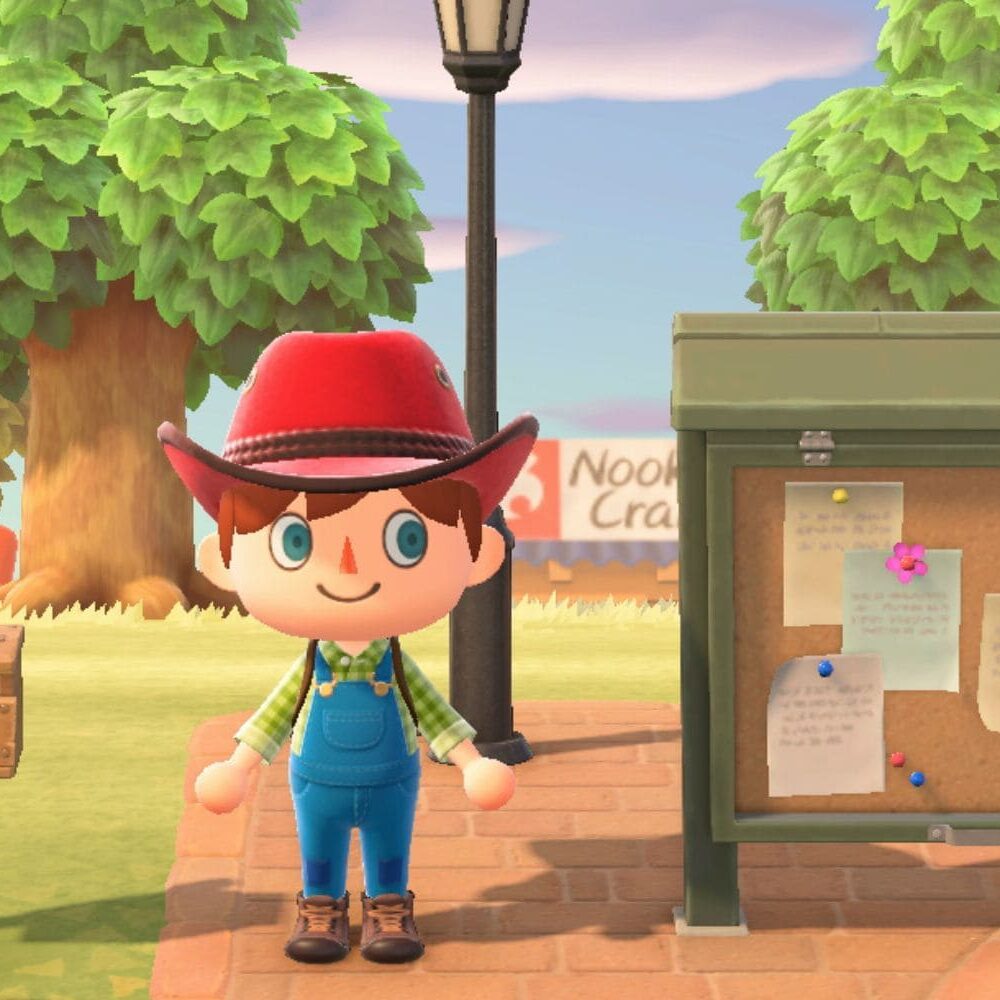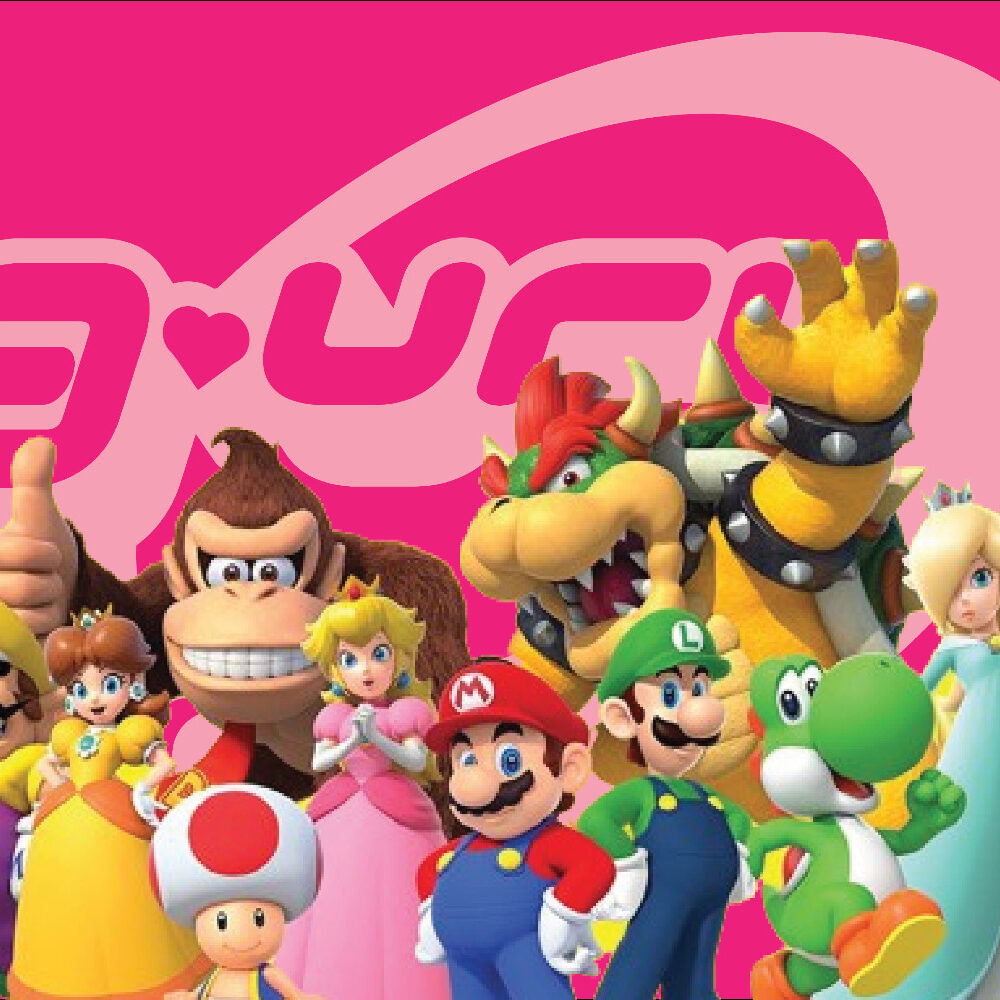
What Makes or Breaks a Video Game to Screen Adaptation?
Examining the Evolution and Future of Video Game Adaptations
Written by Ore Adeyoola
It’s the early nineties, and video games have just experienced a boom in popularity. As two extremely visual mediums, film adaptations of video games felt like a no-brainer. Turning an already extremely popular intellectual property into a blockbuster film should be a guaranteed success, like the already popular comic book-to-film adaptations. So in 1993, when Annabel Jenkel and her husband Rocky Morton decided to direct a Super Mario Bros film, the expectations were high.
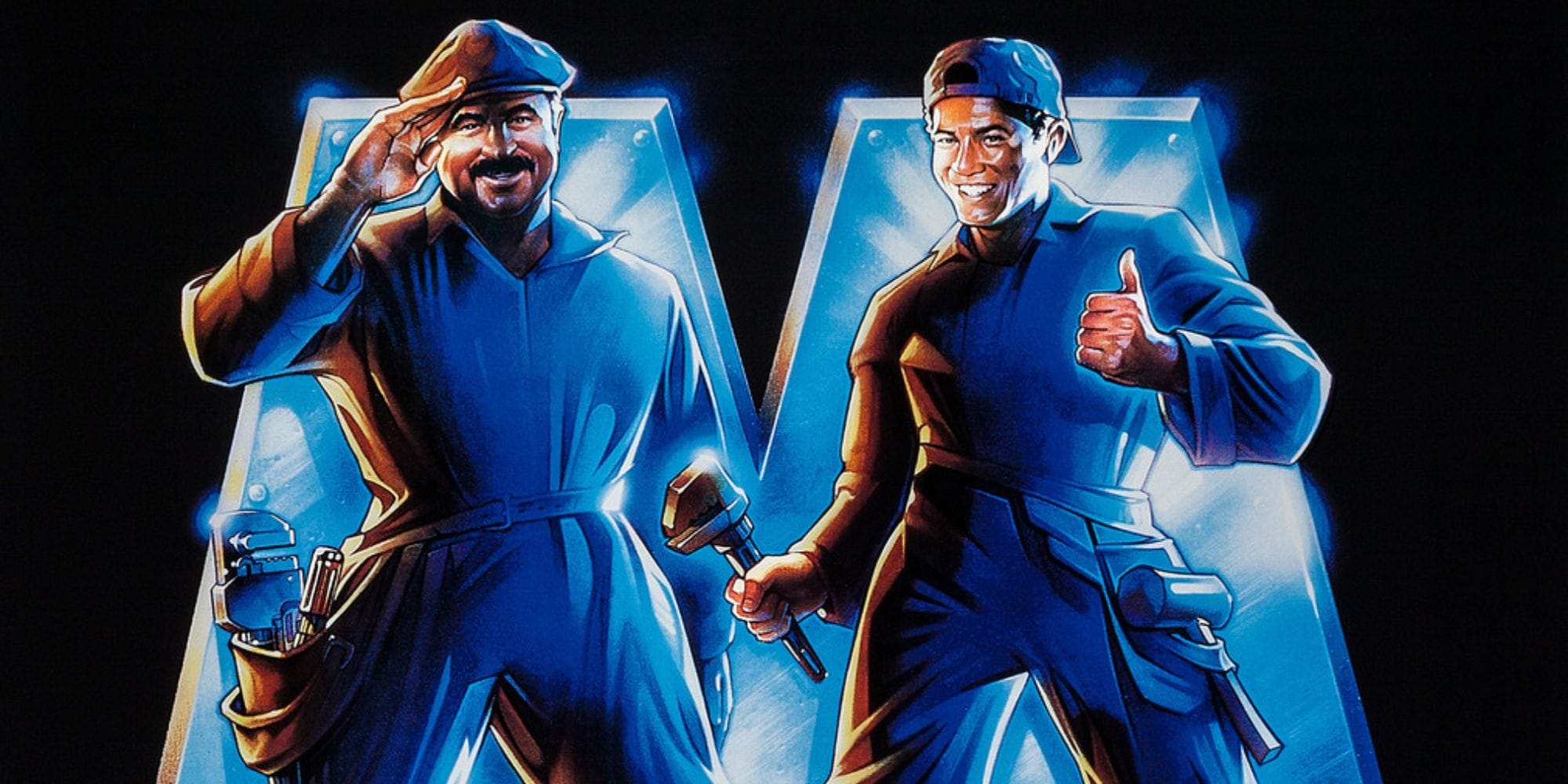
Nintendo was so confident in the strength of the Super Mario Bros brand that they allowed Lightmotive, a small independent studio, the rights to the brand and gave them creative control to experiment with the concept. Unfortunately for everyone involved, Super Mario Bros was badly received, with critics and audience members alike expressing their disappointment. It was a commercial failure, not managing to break even at the international box office and sits at a sad 4.2 out of 10 on IMDb and 25% on Metacritic.
As the first-ever film adaption of a video game, it seemed to set an unfortunate pattern of poorly received failures. Subsequent film adaptations of prominent video-game intellectual properties such as Street Fighter and Mortal Kombat saw success in box office sales due to their large fanbases, but reception was lukewarm at best. Although film adaptations continue to be released to this day, they rarely receive critical acclaim or praise from fans of the original video games. Just as it was from the beginning, video game film adaptations are too often cash grabs directed by people with little love or care for the property they are translating to the silver screen.
However, video game adaptations aren’t doomed across every visual medium. From the extremely successful and well-loved Pokemon children’s series to the gritty, adult The Last of Us series, television adaptations have been greeted with a generally warmer reception from critics and fans alike. But what separates a good adaptation from a bad adaptation? Can a video game adaptation only work if it draws from a story-rich game? I’ll try to answer these questions by assessing the success and shortcomings of film and television adaptations from the past few years, looking into what makes or breaks a video game adaptation’s success.
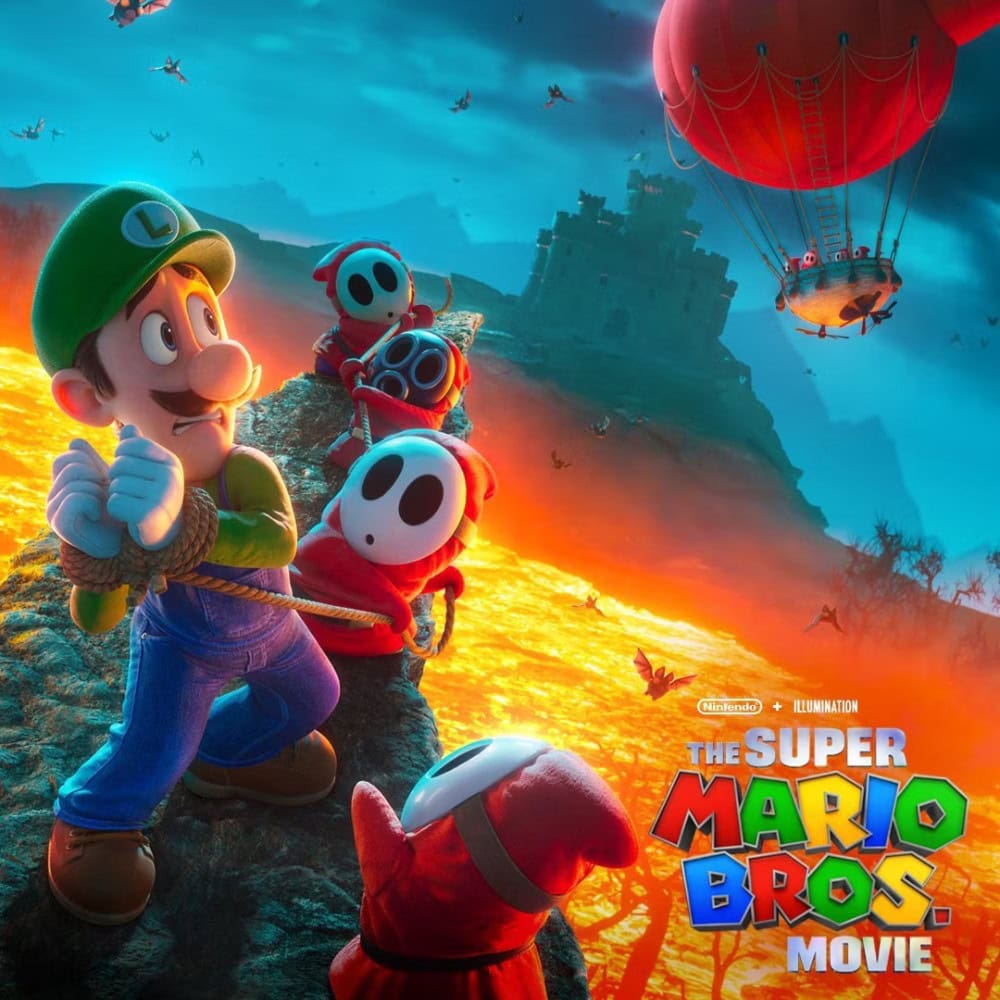
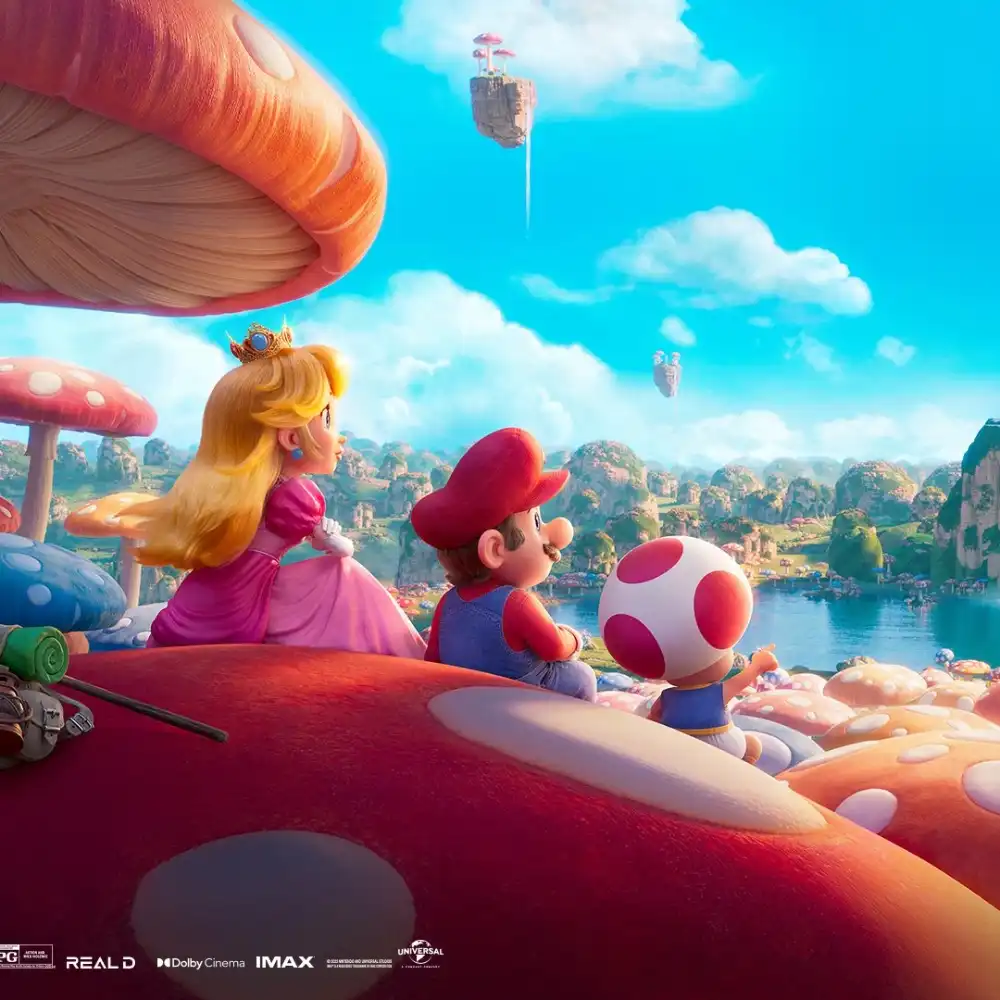
Super Mario Bros. (2023)
Massively contrasting the original Mario adaption effort, Universal’s The Super Mario Bros Movie (TSMBM) was a huge international success, grossing over a billion dollars at the box office, beaten only by the massive Barbie film. Its star-studded voice cast- including Chris Pratt (Mario) Anya Taylor-Joy (Princess Peach) and Jack Black (Bowser) voice acting over bright, colourful and vibrant animation, praised as Illumination’s best efforts since the original Despicable Me film. The reception for this film is interesting, as critic scores are low whilst audience members rate the film very positively. The film’s target audience is similar to that of the rest of Illumination’s output- families and young children, aligning with the E age rating for the Nintendo games series. The Mario games span multiple genres, from platform games to combat, but don’t follow a strict story. The film encompasses this, borrowing story elements from the original Super Mario Bros NES game, whilst incorporating elements of 1993’s Mario Kart.
The film succeeds as an adaptation in its commitment to its target audience. It doesn’t take itself too seriously, with its simple yet entertaining story captivating children and adults alike. Older fans of the series can recognise fan favourites like Rainbow Road and Luigi’s Mansion, as well as more subtle easter eggs scattered throughout the film. Fan reviews consistently describe the film as “fun”, highlighting its strengths. The film does feel slightly formulaic and within the current animation landscapes featuring feats like Puss In Boots: The Last Wish and Spiderman: Into the Spiderverse the animation feels a bit sterile and shiny, I believe it works well as a good quality adaption. For a world this bright and whimsical, animation is a far better choice than live action, as it truly captures the silliness and magic of the premise, instead of two grown men running around in red and green dungarees through the unforgiving reality of a camera lens.
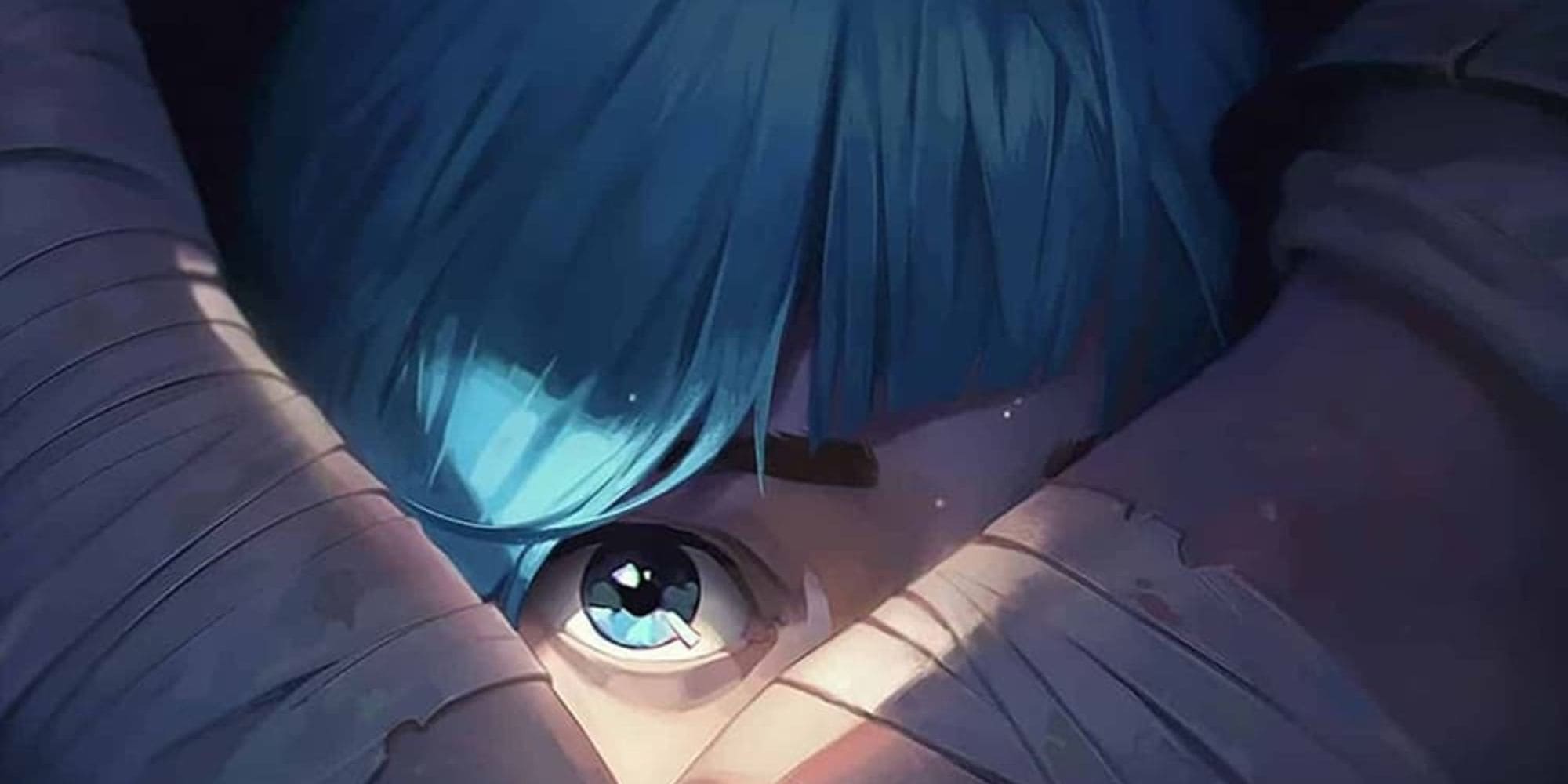
Arcane (2021)
Based on the hugely successful League of Legends game, Arcane is a fantasy animated series following the lives of a lively cast of characters as they navigate life in the utopian city of Piltover and its neglected underbelly, Zaun. Although League is a battle-arena multiplayer game, it is packed with lore, and a detailed story intertwining all 168 of its champions. Arcane has received extremely high praise from critics and audiences, with a perfect score of 100% on Rotten Tomatoes. Its highly stylised animation, gripping storytelling and creativity won the series three Primetime Emmy awards in 2022,
During lockdown, I sporadically played League of Legends so I wasn’t exactly a superfan when I decided to watch Arcane. Despite this, I fell in love with the characters and story. The series was able to become so popular and well-loved because of this- it masters the balance between appeasing fans of its intellectual property whilst not alienating newcomers. The notoriously messy and contradictory League lore allowed the showrunners to create a cohesive backstory for champions like Vi and Jinx by selecting the most interesting elements of their stories and ironing out any complications. Riot Games have confirmed that Arcane is now part of official League lore, therefore expanding the League world outside of video games,
A second and final season of Arcane has been announced for release in November this year, stirring a mixed reception from fans. Many complained across social media that two seasons weren’t enough for these beloved characters. But in my opinion, the distinct and sharply directed nature of Arcane is another reason why it is such a strong adaptation. The bloated League lore doesn’t overcumber the nine episodes of season one. Instead, it is carefully sectioned into three acts, each episode full of action. None of Arcane feels like filler- it stands out amidst a world of cash-grabs.
___STEADY_PAYWALL___
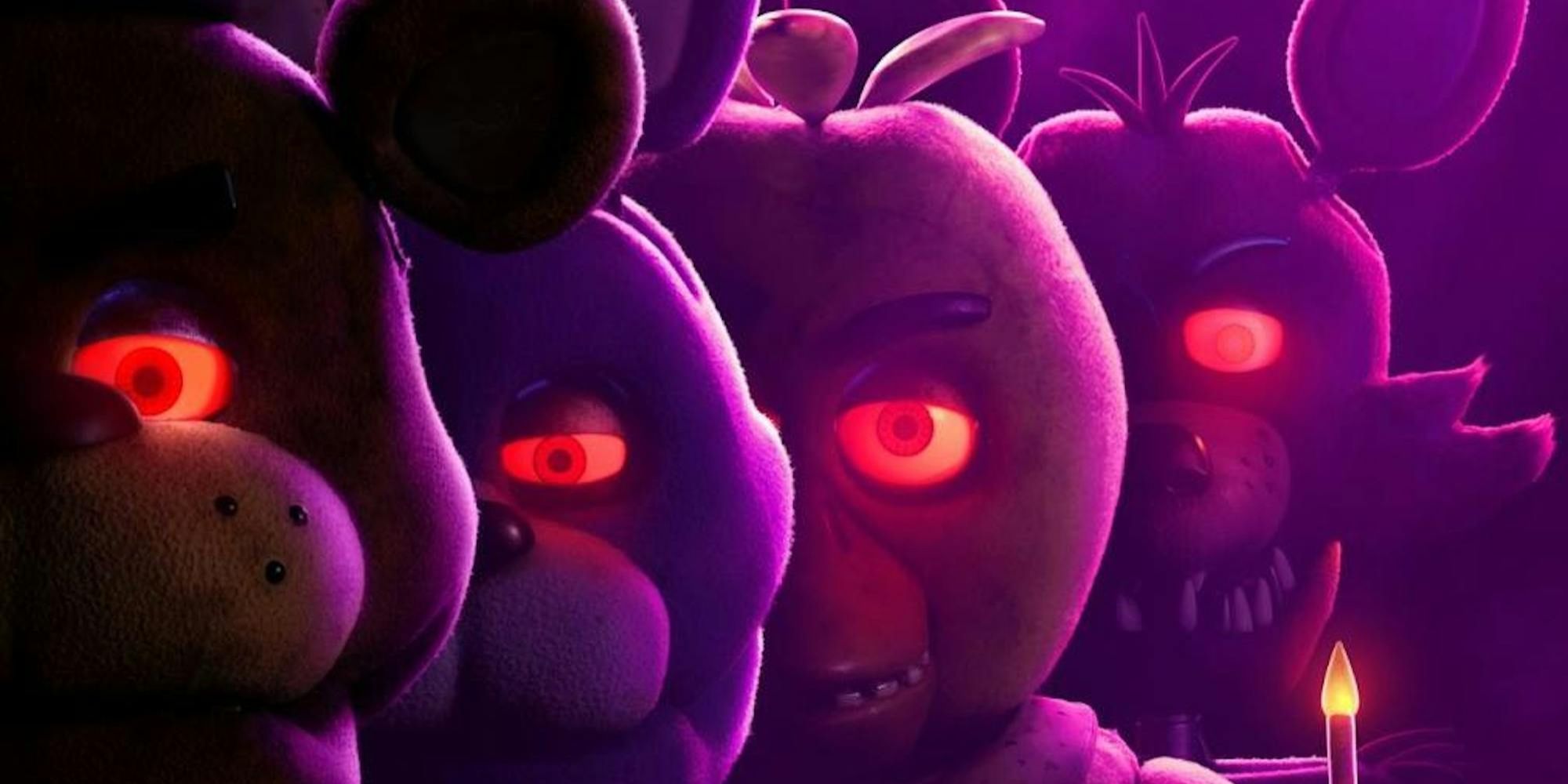
Five Nights at Freddy’s (2023)
In the summer of 2014, a horror game called Five Nights at Freddy’s (FNAF) created by indie game developer Scott Cawthorn took the internet by storm. Coinciding with the rise of “Let’s Play” videos on YouTube, FNAF became one of the most successful indie games of all time, becoming a franchise of over twenty main story games and spin-offs. From the beginning of its popularity, the lore behind the game has been the beating heart of its fanbase. Videos breaking down and theorising the story behind the games have amassed millions of views despite the game itself not necessarily being story-driven. An adaptation of the game into a film makes sense, and when it was announced fans were cautious but excited.
When the film was released in late 2023, I made sure to watch it on opening night. I loved the FNAF games growing up and had indulged myself in its lore, so this was a full-circle moment for me. I went with my partner, who wasn’t necessarily a FNAF fan growing up. We left the film premiere with entirely different feelings. He thought the film was boring and far too slow-paced, whilst I was gushing about the easter eggs and the end credits inclusion of The Living Tombstone’s FNAF song. I can understand how the film may have fallen flat with audience members unfamiliar with the FNAF games. Even as a retired fan, I found myself wondering why certain scenes dragged on for so long, and wondering why the contrived plot left so many loose ends. Still, the creative team behind FNAF were able to please fans by soliciting the help of the beloved Jim Henson Creature Shop for the practical animatronics used in the movie. This extra effort paid off as the animatronics look amazing, something critics and audience members have consistently pointed out in reviews. Scott Cawthorn had a huge hand in creating the film and is credited as part of the screenplay, story and production teams. When adapting games that are heavily influenced by a single developer, I believe this level of input is crucial to make sure the adaptation stays truthful to the heart and soul of the video game- which many fans agree was the case with FNAF. The film was a huge success and a sequel has already been announced, making it a rare success story for live-action video game adaptations.
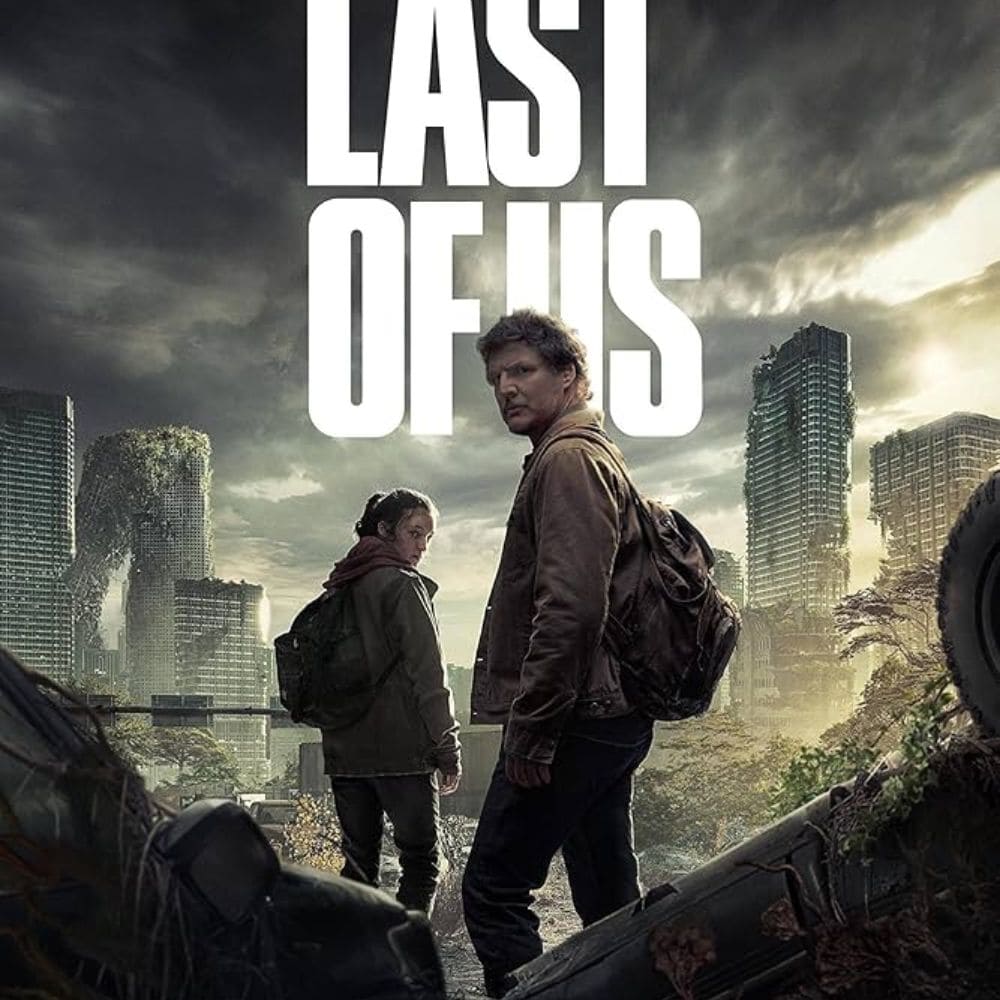
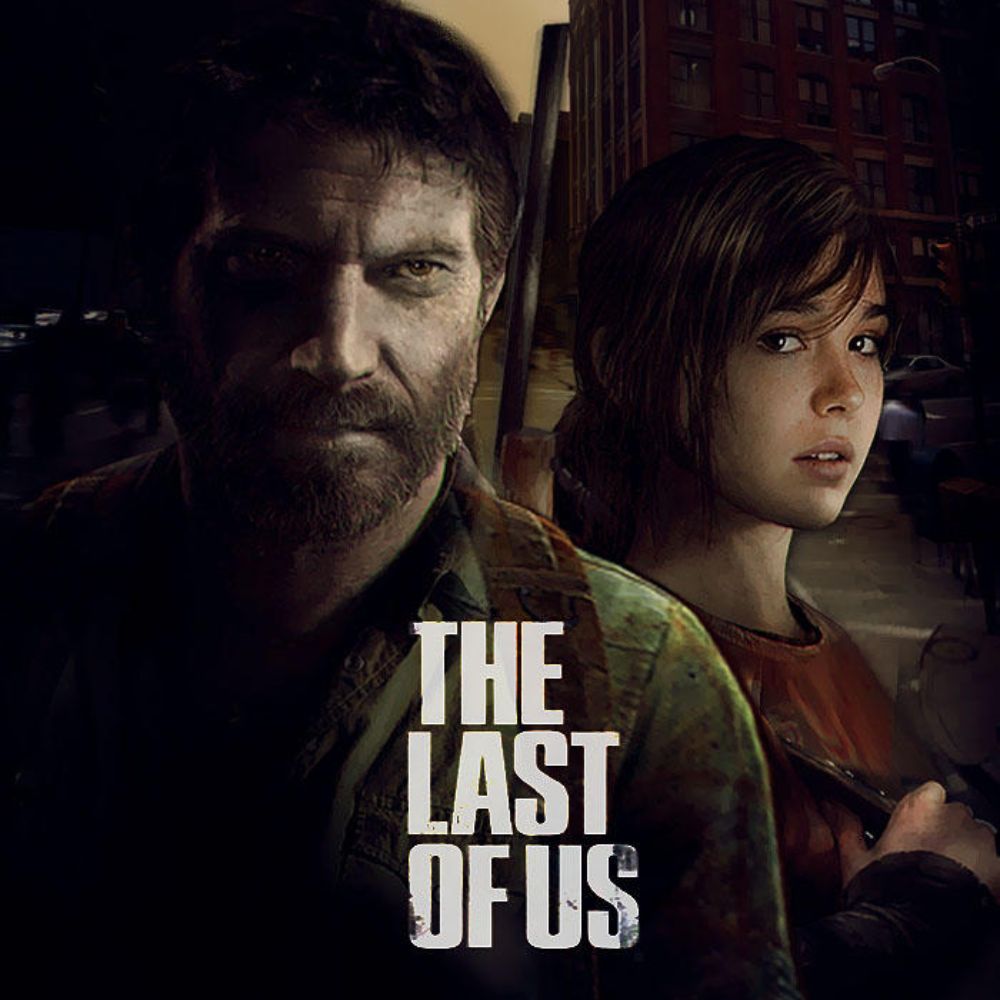
The Last of Us (2023)
The original The Last of Us (TLOU) game, developed by Naughty Dog, is an action-adventure, story-rich game based in a post-apocalyptic United States, following single dad Joel Miller and his companion, orphaned Ellie. The TLOUS game was a major success when it initially came out, the early 2010s were a huge time for post-apocalyptic/dystopian media and itwas praised as the top of its genre. Interestingly, originally TLOU was announced to be turned into a film adaptation. After five years of various setbacks and developmental issues Neil Duckman, the creative mind behind the game, decided the game’s story needed to be told through a television series instead. This decision saved the adaptation and ensured the story of the game would receive the justice it deserved. At a minimum of fifteen hours of gameplay, TLOU’s spirit would have been muddled and squandered as a singular film and a franchise isn’t guaranteed in today’s tumultuous film industry.
Enlisting the help of Emmy award-winning showrunner Craig Mezin, Duckman created the incredibly well-received TLOU drama series. The series earned extremely high reviews across numerous publications and websites, and launched Bella Ramsey (Ellie) into stardom, who was cast with the well-loved Pedro Pascal (Joel). TLOU is a strong example of a television adaptation that makes changes to the source material successfully. Video games and television shows are two entirely different mediums and as fans of both, it is important to remember that what works in a game may not work in a drama series. Duckman/’s closeness to the series meant that he was able to make sure these changes were effective, necessary and fit the ethos of the characters. The series was nominated for multiple Emmys in 2023 and has been nominated for a couple more in 2024, making history as a video game adaptation and truly marking 2023 as an excellent year for the genre.
The Future – What’s Next?
This article only scraped the surface of the current wave of video game film and television adaptations. Just this year, the extremely popular Fallout game series was released as a drama series, to high praise, and Knuckles, a mini-series based around the beloved Sonic the Hedgehog character was released to Paramount, featuring a star-studded A-list cast. As always, the reception and success of game adaptations remain mixed. The Paramount adaptation of Halo has recently been cancelled after only two seasons, with some fans of the game celebrating the series’ demise due to their overall dissatisfaction with the adaptation. At the same time, new instalments of all the aforementioned films and television shows have been announced and are highly anticipated- so clearly, there is an active and eager audience who wants to see these compelling stories and characters on their TV screens. From what I’ve gathered in the adaptations I’ve covered, a successful video game adaptation stays truthful to the characters and ethos of its game. It is not entirely faithful to the lore but makes calculated and well-informed changes. To ensure this delicate balance, a talented showrunner/director/scriptwriter and game developer is beneficial, as it allows the project to not only satisfy the fans but also entertain a new audience. For games like the Mario series, where it’s harder to point to one key developer, a production team that understands and cares about the game can still create a strong final product. This is how video game adaptations have transitioned from a laughingly lacking genre into one stacked with award-winning, record-breaking creations.
With a Minecraft movie scheduled for release later this year and Margot Robbie announced as a producer for an upcoming The Sims film following the success of Barbie, the future for adaptations seems to be getting bigger and brighter, and hopefully, for the sake of the fans- better.
Enjoyed this story? Support independent gaming and online news by purchasing the latest issue of G.URL. Unlock exclusive content, interviews, and features that celebrate feminine creatives. Get your copy of the physical or digital magazine today!



